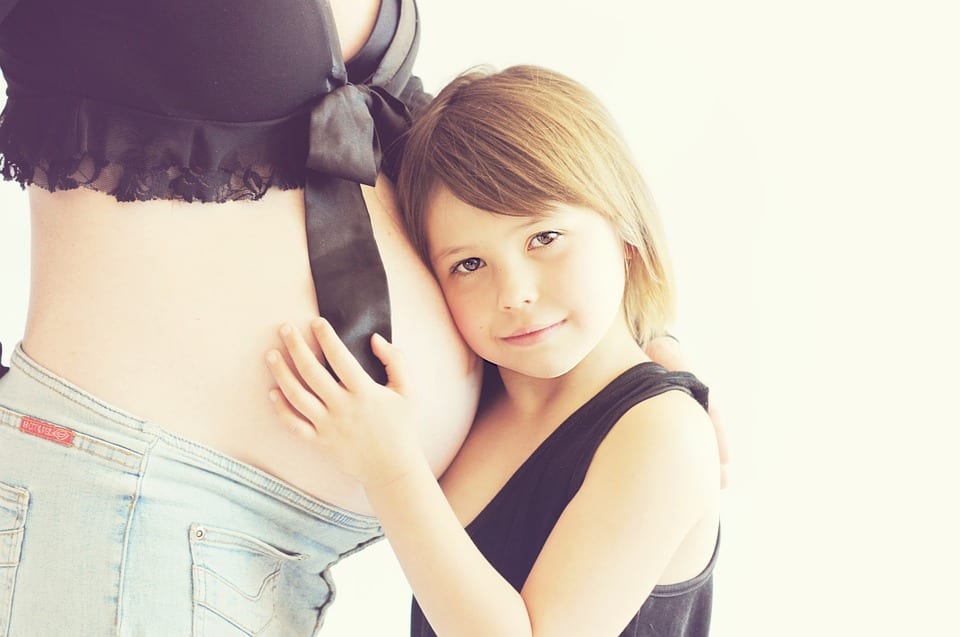Humana Inc. recently agreed to settle a pregnancy discrimination case stemming from allegations that the company fired Kate Jenkins for having a baby and going on maternity leave.
Humana Inc. agreed to settle a pregnancy discrimination lawsuit filed by a former employee who alleged the company “unlawfully fired her when she became pregnant.” As part of the settlement, Humana will pay a total of $750,000, of which $250,000 will go towards attorney fees. The lawsuit was filed back in October 2016 on behalf of Kate Jenkins and named Senior Bridge Family Companies and its parent company, Humana, as defendants. According to the allegations, Jenkins’ former workplace “engaged in sex and pregnancy discrimination when she was fired in 2015.”

Throughout the litigation process, Jenkins was represented by attorneys Lane Schiff and Stephen Console of Console Mattiacci Law. The firm specializes in employment rights law and has offices in Moorestown, New Jersey, and Philadelphia. When commenting on the recent settlement, Console applauded “Jenkins’ courage to bring this lawsuit and her conviction to accept nothing short of a public judgment in her favor.” He added, “the value to a civil rights plaintiff to have a judgment entered for the world to see after they have been tossed into the street by their former employer, is significant.”
As for Jenkins, she hopes the settlement will help motivate other employers to “begin to embrace and empower working mothers, in addition to recognizing their obligations under the law.”
Why exactly did Jenkins file her lawsuit, though? Well, according to court documents, Jenkins was employed by Humana from September 2006 to January 2015. During her time with the company, she was promoted many times until she rose to the role of regional executive director. In 2014, she overheard her boss and another employee “complain about the number of people who had requested or taken time off for family and medical leave.”
Shortly afterward, Jenkins learned she was pregnant. Upon informing her boss, she was questioned as to “who would watch her baby and inquired about maternity leave.” Additionally, Humana “interfered with Jenkins’ ability to work and unjustly criticized her performance.” Then when Jenkins returned from her maternity leave, she was “fired within weeks of her return.”
In response to her termination, the lawsuit argued the company “violated Title VII of the Civil Rights Act of 1964 and the New Jersey Law Against Discrimination.” Additionally, the suit argued Jenkins was terminated in “violation of the Family and Medical Leave Act, as well as the New Jersey Family Leave Act.”
When Jenkins first filed her suit, Humana Inc. pushed back and refused to acknowledge her request for damages. John MacDonald, an attorney at Constangy, Brooks, Smith & Prophete that represented Humana Inc. throughout the litigation process, said in the beginning that “Jenkins failed to show her employers engaged in especially egregious conduct under the New Jersey Law Against Discrimination.” Instead, he wrote that her termination “stemmed from numerous failures in her work performance.” A memo from Jenkins’ supervisor, Ruth Farrago, supported MacDonald’s belief. According to the memo, Jenkins was really fired for the following reasons, “letting companions work on clients, improperly discussing client information and allowing family members to make health care decisions, and more.”
Eventually, the case went into mediation and, in January, Jenkins “accepted an offer of judgment” from Humana. In a statement following the recent settlement, Jenkins said:
“Many women in the workforce have two full-time jobs: the one performed for their employer, and the one at home, caring for and raising their families. As these women are working double to wear both hats, employers must do more to prevent and remove the discriminatory obstacles uniquely faced by working mothers.”
Sources:
Humana Reaches $500,000 Settlement in Pregnancy Discrimination Suit


Join the conversation!